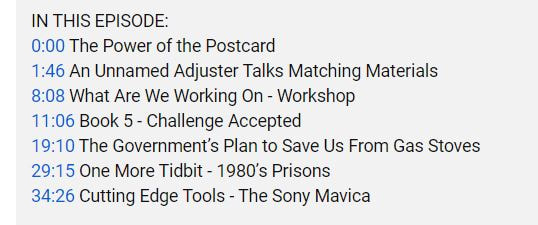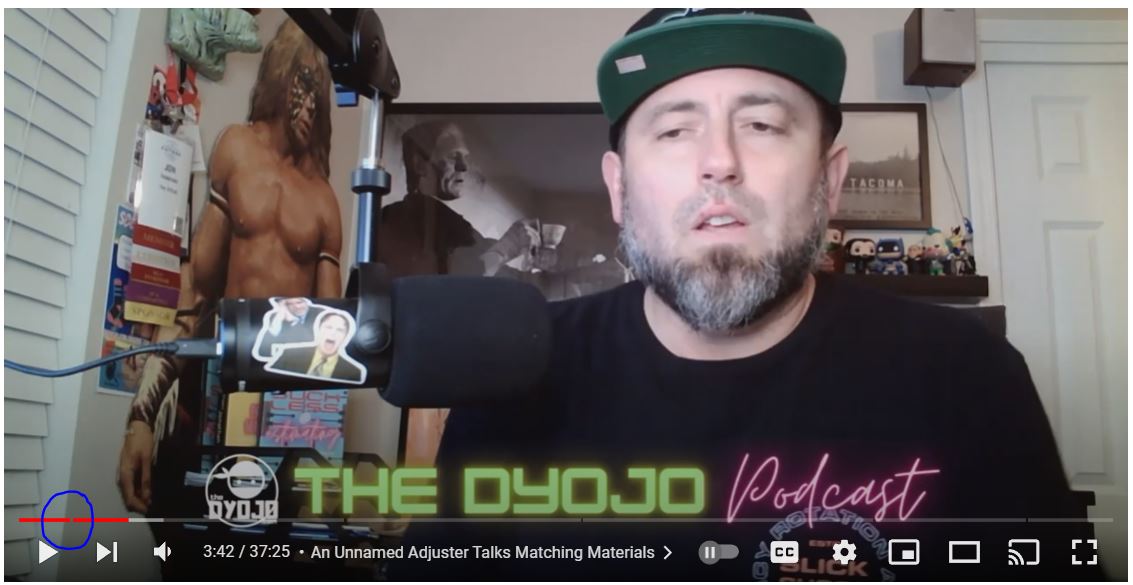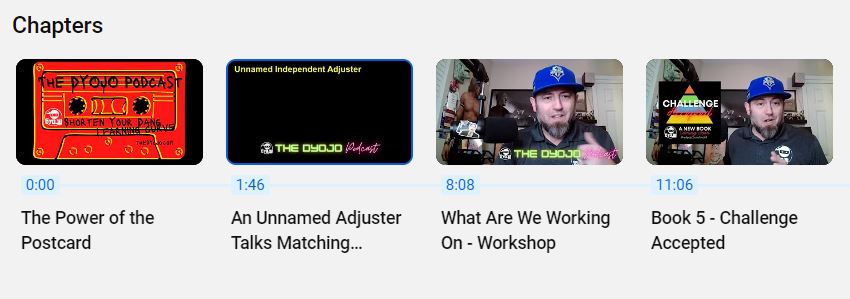|
What you believe (mindset) will shape what you do (habits). If you have a mindset that what you are doing now doesn’t matter, and by not caring or being engaged you develop lackadaisical habits in your school working ethics, these will be hard to break when you enter the workforce. Poor perspectives lead to lazy habits and these elements combine to create mediocre working habits. You don’t have to be a genius, a nerd, or a brown noser to be successful in school or at work. But, your attitude and level of effort now will carry into the workplace and likely into your relationships. For most of us, how we do one thing is also how we approach most things. If you half-ass at school, you likely do the same in sports, work, relationships, and anything else you are involved in. The Habits for AchievementYou probably think this isn’t true. But try me. See if trying a little harder at school doesn’t translate to trying a little harder in sports, elevating your effort at work, and even being more engaged in your close relationships. Pursuing new opportunities requires you to:
You cannot achieve new things without gaining new knowledge, improving your skills, and elevating your abilities. If you are wasting all the free education and opportunities being presented to you now, you will develop a blindness and deafness for recognizing them in the future. Everything you can learn and do, school, sports, volunteering, mentorship, etc. is free or low cost now. If you aren’t taking advantage of them you are being foolish. Be more present and appreciate what other people are saying to you, doing for you, and investing in you.
0 Comments
You can divide YouTube videos into chapters to draw the viewers attention to key topics or segments. The simplest way that I have found to do this is by creating an episode set list in the description for the video. For example on of my latest videos looks like this: The text input in the video description to create these chapter breaks simply needs the time stamps in order to translate the information into video segments. You can create as many chapters as you would like, I try to hit the key points. This week on The DYOJO Podcast we discuss: * Book #5 from The DYOJO - Challenge Accepted * The government’s plan to save us all from gas stoves * Lessons learned from a missing beam in a 1980’s prison IN THIS EPISODE: 0:00 The Power of the Postcard 1:46 An Unnamed Adjuster Talks Matching Materials 8:08 What Are We Working On - Workshop 11:06 Book 5 - Challenge Accepted 19:10 The Government’s Plan to Save Us From Gas Stoves 29:15 One More Tidbit - 1980’s Prisons 34:26 Cutting Edge Tools - The Sony Mavica Thursdays are for The DYOJO Podcast - helping contractors shorten their DANG learning curve for personal and professional development. Notice in the bottom right corner there is a small gap between the running video line. Each of these breaks in the video sequence relates to the time stamps that were written into the description. Viewers who want to go to a particular segment or topic can click on the time stamps in the description or hover over the video line for a summary based on the descriptions that were composed by the content creator. Below the video description is a summary of the chapters with the time stamp, description, and a snippet of the video associated with that segment.
If you have a YouTube channel, one reward for achieving 100 subscribers is the ability to customize your URL. This means in stead of your channel link being YouTube.com/ followed by random numbers and letters, you can make it whatever you want. For example, we were able to change ours to YouTube.com/thedyojo. A few simple ways you can help increase your YouTube subscribers to reach that 100+ mark:
I re-watched The Company Men, a movie with Ben Affleck, Tommy Lee Jones, Chris Cooper, and Kevin Costner. My main takeaway was that two of the characters, those played by Ben and Tommy, lost themselves in the rat race only to find themselves again in the skilled trades. The movie brings a lot of memories of the collapse of many things during the Great Recession of 2008/2009. For our family that was a challenging financial time but it was also a time that brought us closer together. Ben plays a young ambitious salesman, Bobby Walker, who confuses his achievements at work with his identity. The deconstruction of his facade is played out well as he comes to understand that his family is the most important thing in his life and what they need is him, not all of the material things he was once able to provide. He goes from bragging about his golf score as a cocky executive to making endless calls begging for job opportunities with a suite full of his fellow unemployed. “I've called everybody I know and a lot of people I don't, and begged, fucking begged for a job, a lead, anything! “You want honesty? I'm a thirty-seven-year-old unemployed fuck-up who can't even support his family!” Bobby unwillingly takes a job helping his brother in law, played by Kevin Costner, remodel an old home. As his ego is stripped away he comes to enjoy working with his hands as he becomes more engaged as a husband and father. Tommy plays Gene McCleary, a co-founder of the company most of the characters worked for. He has been biting his tongue for years as the company he once loved has evolved into a soulless corporation. At one point while they are laying people off for another round of downsizing to increase shareholder confidence in the company, Gene has this exchange with human resources: HR Director: I'm confident all these dismissals will stand up under legal scrutiny. Gene McClary: What about ethical scrutiny. HR Director: We're not breaking any laws, Gene. Gene McClary: I guess I always assumed were trying for a higher standard than that, Paul. As Gene and Bobby are taking a walk through the run down remains of where the company started as a ship building manufacturer, Gene says to Bobby, "You start with some crazy idea, take insane risks, make barely enough to feed your family, not a chance you're gonna succeed. Then all of a sudden you've got all these things and you're terrified of losing them.” Shortly after Gene decides to invest his savings into starting up his own company. He hires Bobby as his director of sales. Bobby hires many of the people who were in the unemployment office with him trying to find work. The movie closes with a sense of hope, Bobby tells his team, "We work as hard in here every day as we did when we were trying to get a job, we'll be alright. What's the worst thing they can do, fire us?" |
AuthorThoughts on personal and professional development. Jon Isaacson, The Intentional Restorer, is a contractor, author, and host of The DYOJO Podcast. The goal of The DYOJO is to help growth-minded restoration professionals shorten their DANG learning curve for personal and professional development. You can watch The DYOJO Podcast on YouTube on Thursdays or listen on your favorite podcast platform.
Archives
March 2023
Categories
All
<script type="text/javascript" src="//downloads.mailchimp.com/js/signup-forms/popup/unique-methods/embed.js" data-dojo-config="usePlainJson: true, isDebug: false"></script><script type="text/javascript">window.dojoRequire(["mojo/signup-forms/Loader"], function(L) { L.start({"baseUrl":"mc.us5.list-manage.com","uuid":"b9016446bd3c6a9f0bd835d4e","lid":"83282ffb9e","uniqueMethods":true}) })</script>
|
Jon Isaacson |
Connect. Collaborate. Conquer.
© COPYRIGHT 2015. ALL RIGHTS RESERVED.
|







 RSS Feed
RSS Feed